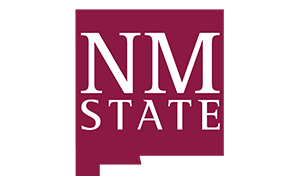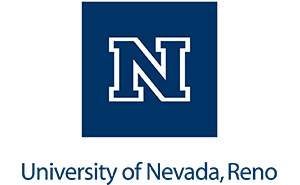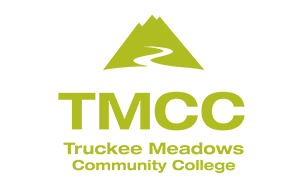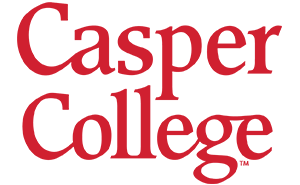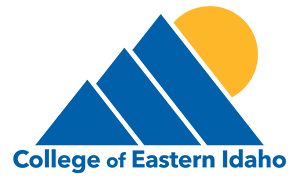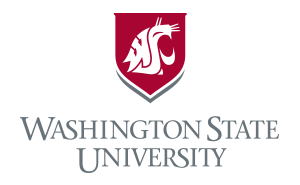New Mexico State University has joined the Interstate Passport Network, the national program of two- and four-year colleges and universities that streamlines the transfer process for students. NMSU becomes the 59th member of the Network and the first institution in New Mexico to sign up, bringing the total number of participating states to 17. Located in Las Cruces on a 900-acre campus, NMSU is a NASA Space-Grant College and also a Hispanic Serving Institution. It enrolls more than 14,000 students from 49 states and 89 foreign countries.
NMSU Provost Carol Parker said NMSU’s position as the first institution of higher learning in New Mexico to participate in the Interstate Passport Network is exciting.
“Initiatives such as the Interstate Passport program are vital to the successful implementation of NMSU’s mission and our LEADS 2025 Stragegic Plan, which fosters learning, inquiry, diversity and inclusion, social mobility, and service to the broader community,” Parker said. “Enabling successful transfer of credits from other institutions, especially community colleges, supports student mobility. NMSU looks forward to welcoming Passport holders in the future.”
New Mexico State University offers hundreds of bachelor degree completion programs and master’s and doctoral degrees from eight different colleges, including The Honors College, a liberal arts college embedded within the bigger university. NMSU is ranked number one in the nation among peers for science and engineering funding. The university serves a multi-cultural population of students and community members across the state at five campuses, a satellite learning center in Albuquerque, cooperative extension offices in all 33 counties, and 12 agriculture research and science centers.
The Interstate Passport program was founded in 2011, and became fully operational in 2016. Students who earn a Passport, which encompasses lower-division general education and is based on learning outcomes instead of course-by-course articulation, can transfer to a Network institution in another state and have their learning recognized and general education credits accepted. Since Interstate Passport launched in 2016, member institutions have awarded over 38,800 Passports.
Nearly four in 10 college students will transfer institutions at least once during their college careers, and almost a quarter of those will enroll in an institution in another state, according to data from the National Student Clearinghouse. Until now, transferring between schools – especially across state lines – has been made more difficult and expensive by lengthy credit evaluation processes and loss of credit already earned.
“We are excited to welcome New Mexico State University to the Interstate Passport Network, our first member from New Mexico,” said Anna Galas, director of academic leadership initiatives at WICHE. “As the Interstate Passport Network continues to grow, we expect to see more transfer students motivated to complete their degrees. Students who earn a Passport can now more easily transfer to any Network member institution without having to repeat or take additional coursework to satisfy general education requirements, a seamless transition that will keep students on their pathway to a degree.”
Even for students who don’t transfer, earning a Passport can be beneficial. Because of its specifically defined learning outcomes, the Passport can become a widely recognizable documented completion benchmark from which employers can gauge a prospect’s skill level and readiness for a job.
